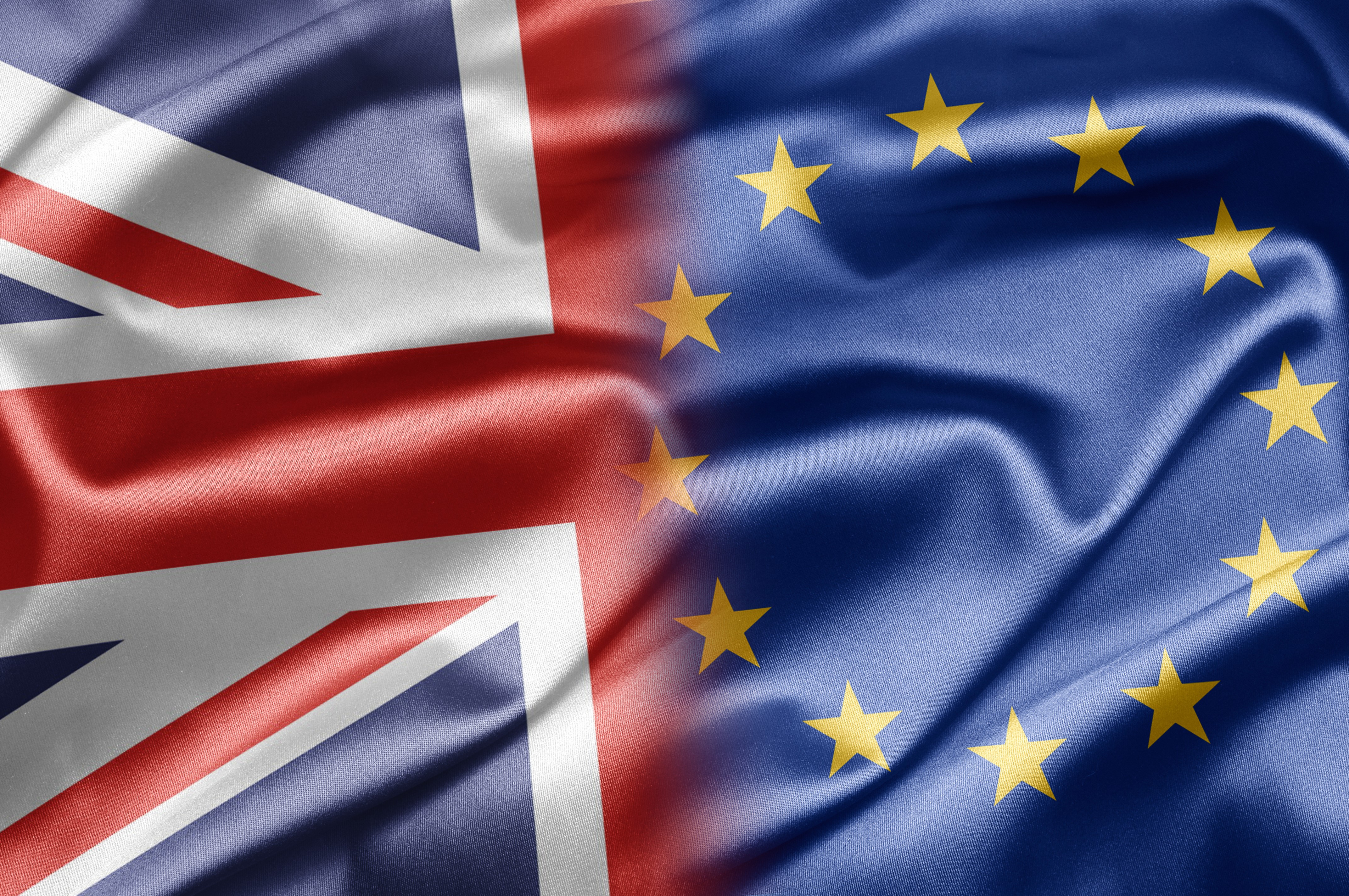If you weren’t aware already, last week, the United Kingdom voted to leave the European Union. This decision came as a bit of a shock to us on Friday and we’ve had the weekend to digest it. Up until now, Great Britain has been a leading cultural, political, and economical member of Europe. The country has actively supported the ideals that the European Union had towards a culturally and humanly integrated continent.
This news comes as a personal shock to me. I spent three years of my life living in the UK as an undergraduate student. London is the most inclusive and international city in the world. I still have many friends there. I can tell you that those people are equally in shock with the results. The referendum was a close vote. It is important to stress that even though this vote fell this way, it is not wholly representative of all of the people in the United Kingdom. Many of its citizens are completely besides themselves with the direction their country decided to take.

It is not a stretch to say that the EU is a miracle of modern diplomacy. We have short memories: only a century ago the continent was embroiled in World War I. A couple decades later, a war of even greater scale broke, putting the first World War into stark perspective.
For the EU to even exist in the first place, people who lived through and witnessed these wars had to overcome the history of hate, prejudice, and their personal pain of family members lost. After these wars, Europe was left in a difficult economic state. They realized the only way to prosper and move on was together. The EU (and the agreements that preceded it) represents the ease of economic trade, of the free flow of people, the exchange of ideas. The EU is a model of the possibilities through cultural exchange.
Detractors of the ideals of the EU say that, since its formation, countries have lost political sovereignty or cultural independence. To borrow a phrase from the country in spotlight, that’s a load of rubbish. Political sovereignty is the ability for any nation to make decisions independent of the choices of others. Since, it is possible for any member state to exit the EU, it is impossible to say that sovereignty is sacrificed. The UK did not “take their country back,” because it was never taken from them to begin with.
Another argument in favor of Britain’s exit from the EU was its views on immigration. Britons fundamentally did not agree with the free flow of people within the EU. The scapegoat was economic pressure on jobs for British people; an argument borne out of nationalistic isolationism.The jobs Brexiteers sought to protect may be under threat as manufactures might find it easier to bring products to the European market from the EU itself and choose to relocate.
We have to recognize isolationist ideas are not unique to the UK. We saw them nearly win recently in Austria’s elections. We see similar, messages being gaining traction here in the United States. That is what makes our work and your travels so important. These negative views cannot hope to survive if we reach across borders and engage in real, person-to-person diplomacy.
It will be some time before the dust settles on this referendum. It will be difficult to predict with certainly what will happen over time. There is no precedent for a member state’s exit from the EU. The timeline for Britain’s full exit extends over 2 years at least. In the meantime, we will try to keep you all updated as relevant for our programs in the UK and our travelers from there. See our short FAQ below.
As always, we implore you to continue to travel, whether through Greenheart Travel or not. The simple act of you interacting with folk around the world will naturally broaden all of our perspectives and create an international culture of inclusiveness and understanding. When you come back, tell everyone who will listen, not only about the lofty ideals of cultural exchange, but of the simple act of kindness of the Spaniard helping you navigate Madrid, or how Burmese kids giggled at you the first time you tried to tie and wear a longyi.
Will this affect my ability to study abroad in the UK?
Absolutely not. High school students can apply for student visas just as they always have. There is no indication that this will change.
As an American or Canadian, will this affect my ability to travel to the EU or UK?
No. The visa requirements have not changed. You will still be able to freely travel to the EU and UK. You will not need a special visa to do so for shorter term trips.
As a British traveler with Greenheart Travel, how will the foreign exchange rate affect what I pay for a program?
All of our program fees and deposits are paid in US Dollars and are subject to the exchange rate of the day.
Will this put American and Canadian teachers of English in higher demand in Europe?
That remains to be seen. If British English teachers can no longer freely work in Europe, that may make it easier for Americans and Canadians. We will certainly be watching this closely.

Leave a Reply